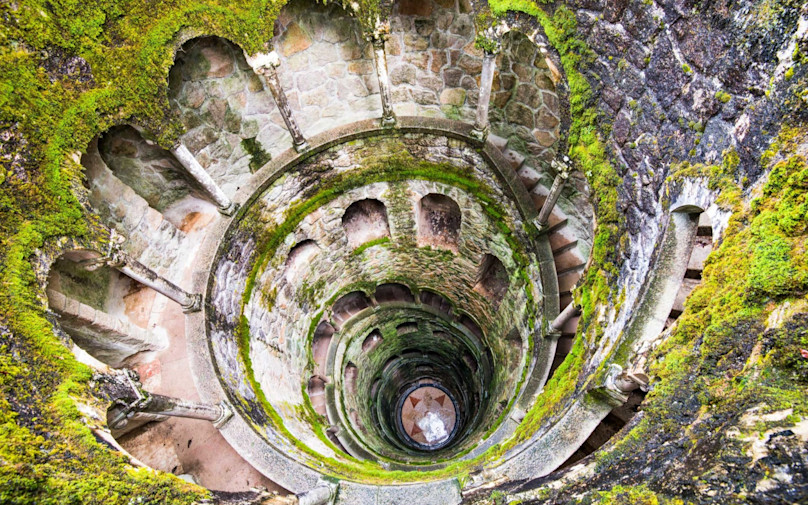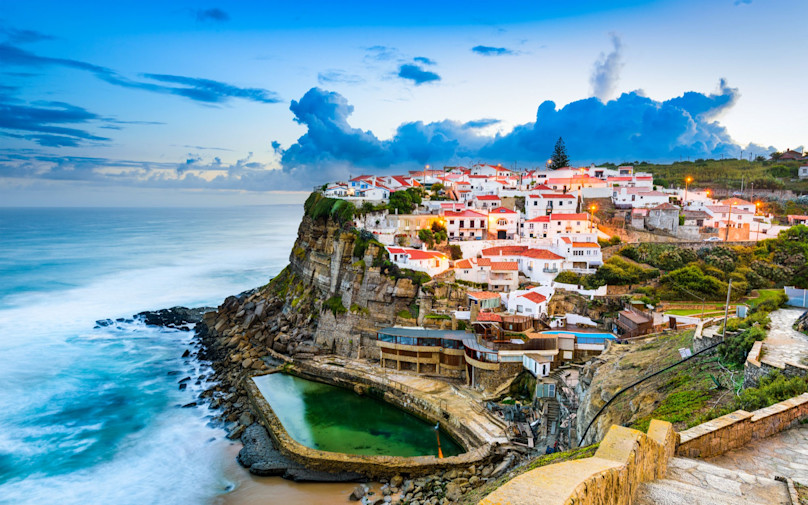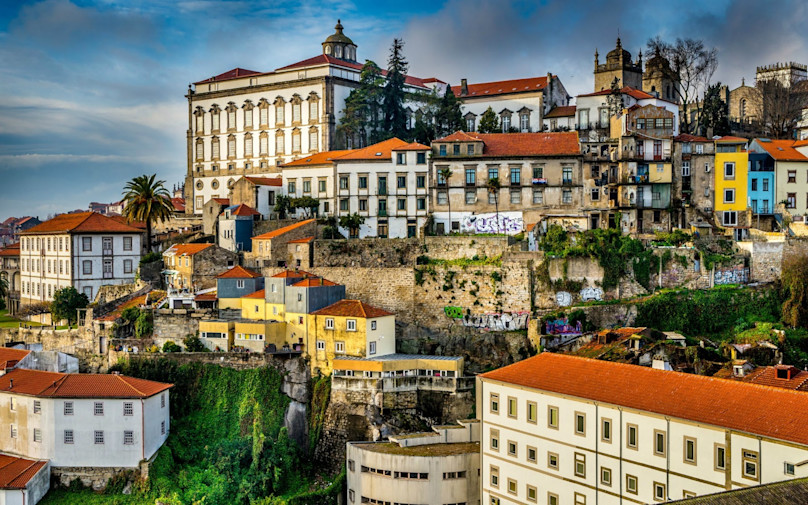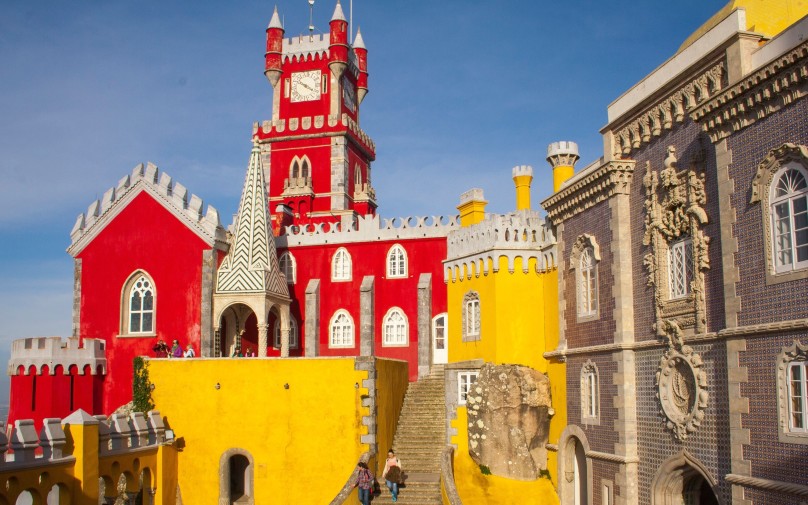
Lisbon, the sun-kissed capital of Portugal, is a city where tradition and innovation blend seamlessly against a backdrop of historic streets and cultural treasures. Imagine wandering through the narrow lanes of Alfama, where the soulful strains of Fado music fill the air, or exploring the grandeur of Belém, where monuments like the Jerónimos Monastery stand as testaments to Portugal’s Age of Discoveries.
For those looking to dive deeper into Lisbon’s rich tapestry, the Masonic Mysteries Tour offers a unique glimpse into the city’s secretive past, while the Sunset Sail on the Tagus River provides breathtaking views of the cityscape at dusk. Food enthusiasts will revel in the Private Food Tour, sampling local delicacies and wines that tell the story of Lisbon’s culinary heritage.
Adventurous souls can venture beyond the city limits with the Sintra Tour, exploring the mystical palaces and lush forests of Sintra, a UNESCO World Heritage site just a short trip from Lisbon. Back in the city, the Electric TukTuk Tour offers a fun and eco-friendly way to navigate Lisbon’s seven hills, ensuring a memorable experience of this vibrant city.
Lisbon is not just a place to visit; it’s a world to be experienced, a journey through time and taste, and a celebration of life’s simple pleasures. Whether you’re a history buff, a culinary aficionado, or simply in search of a beautiful sunset, Lisbon promises an unforgettable adventure.
Lisbon, the sun-kissed capital of Portugal, is a city where tradition and innovation blend seamlessly against a backdrop of historic streets and cultural treasures. Imagine wandering through the narrow lanes of Alfama, where the soulful strains of Fado music fill the air, or exploring the grandeur of Belém, where monuments like the Jerónimos Monastery stand as testaments to Portugal’s Age of Discoveries.
For those looking to dive deeper into Lisbon’s rich tapestry, the Masonic Mysteries Tour offers a unique glimpse into the city’s secretive past, while the Sunset Sail on the Tagus River provides breathtaking views of the cityscape at dusk. Food enthusiasts will revel in the Private Food Tour, sampling local delicacies and wines that tell the story of Lisbon’s culinary heritage.
Adventurous souls can venture beyond the city limits with the Sintra Tour, exploring the mystical palaces and lush forests of Sintra, a UNESCO World Heritage site just a short trip from Lisbon. Back in the city, the Electric TukTuk Tour offers a fun and eco-friendly way to navigate Lisbon’s seven hills, ensuring a memorable experience of this vibrant city.
Lisbon is not just a place to visit; it’s a world to be experienced, a journey through time and taste, and a celebration of life’s simple pleasures. Whether you’re a history buff, a culinary aficionado, or simply in search of a beautiful sunset, Lisbon promises an unforgettable adventure.



































































































